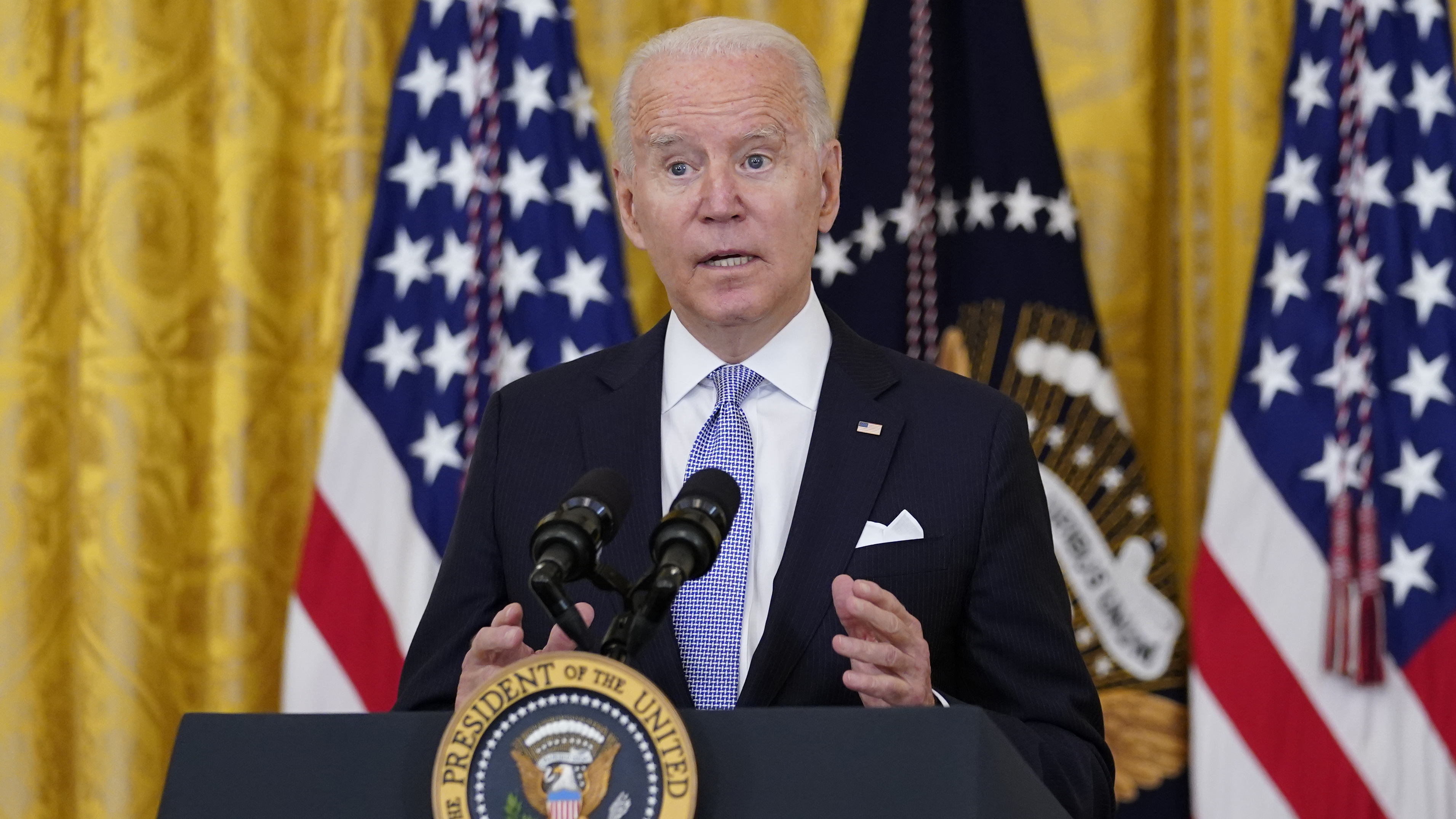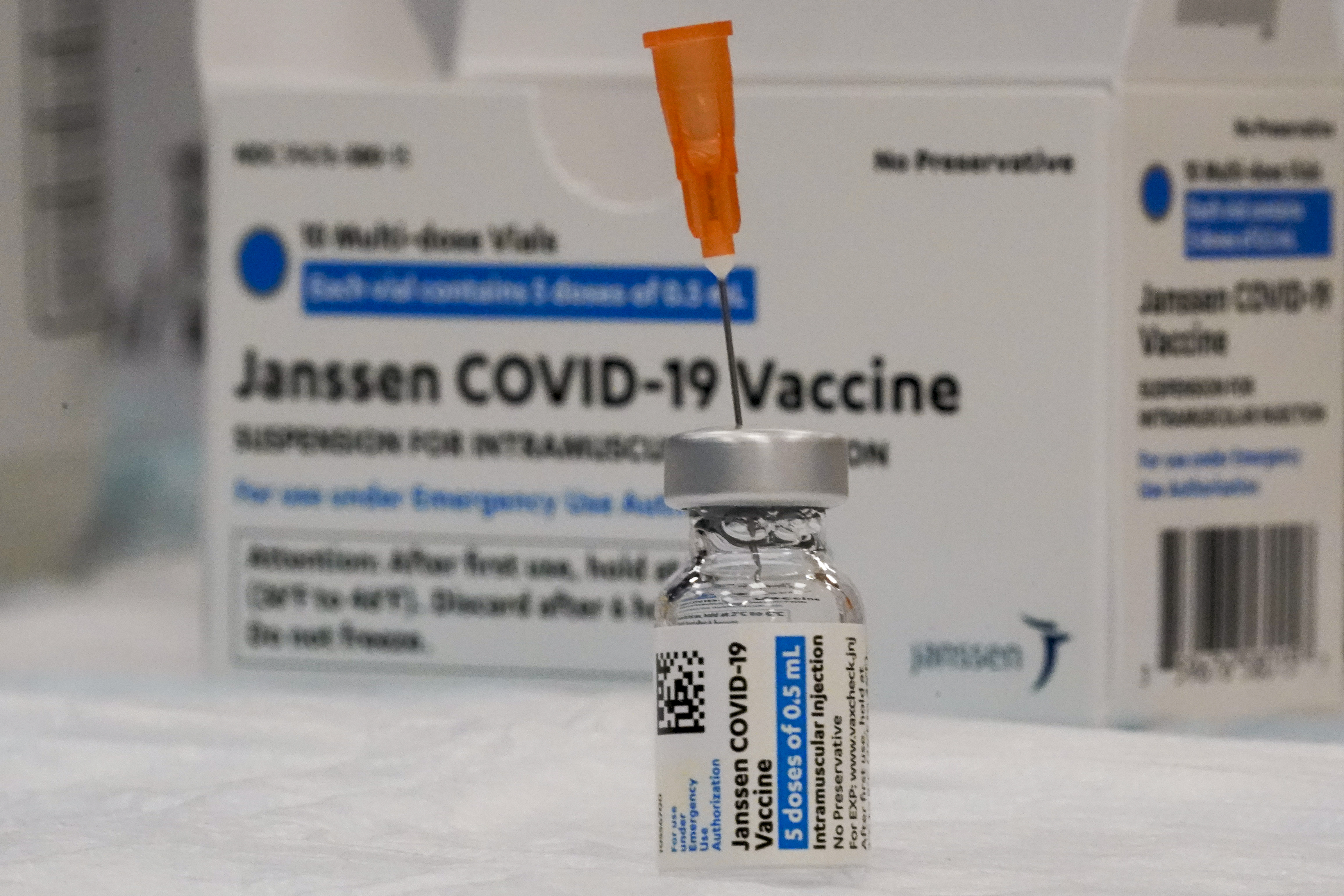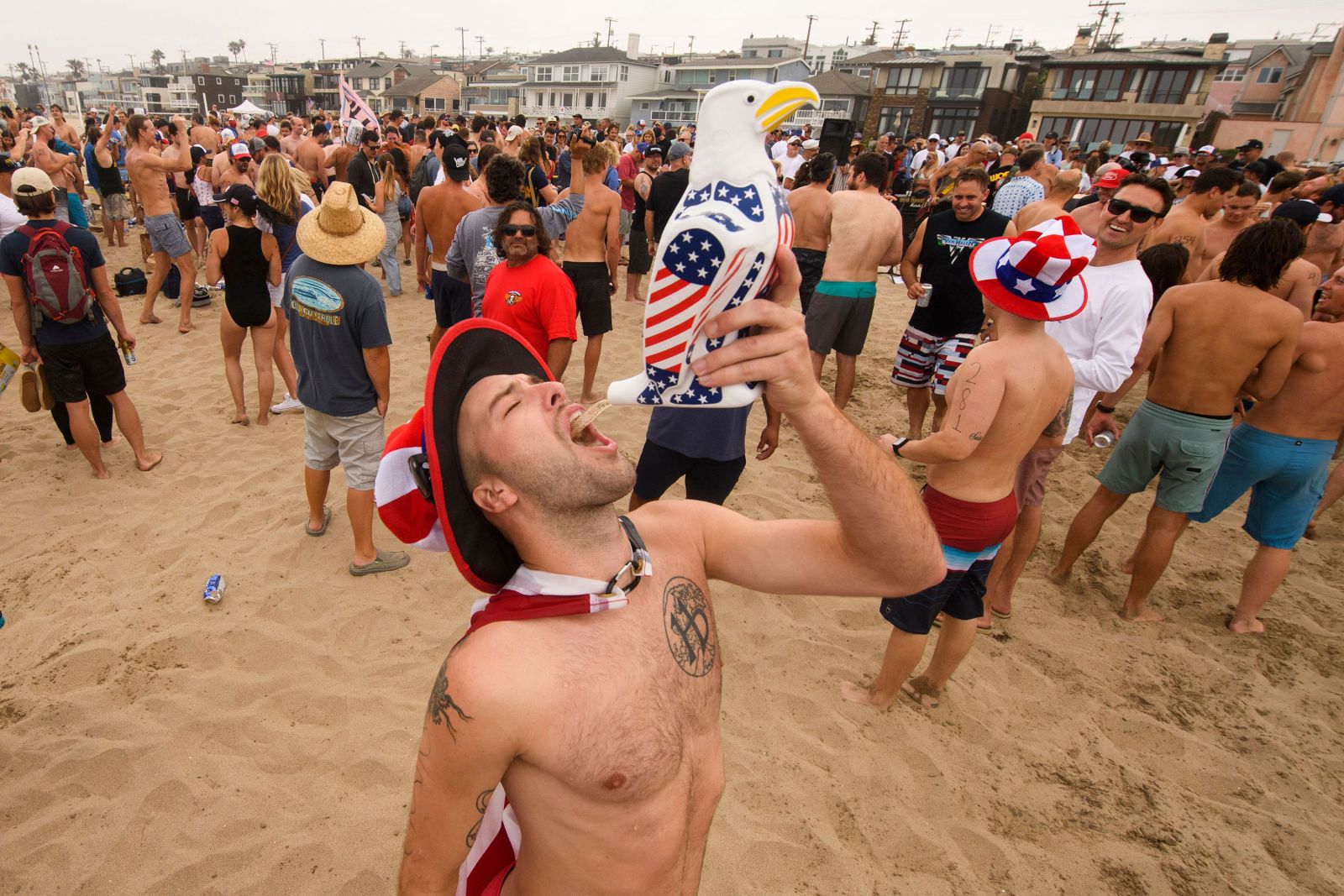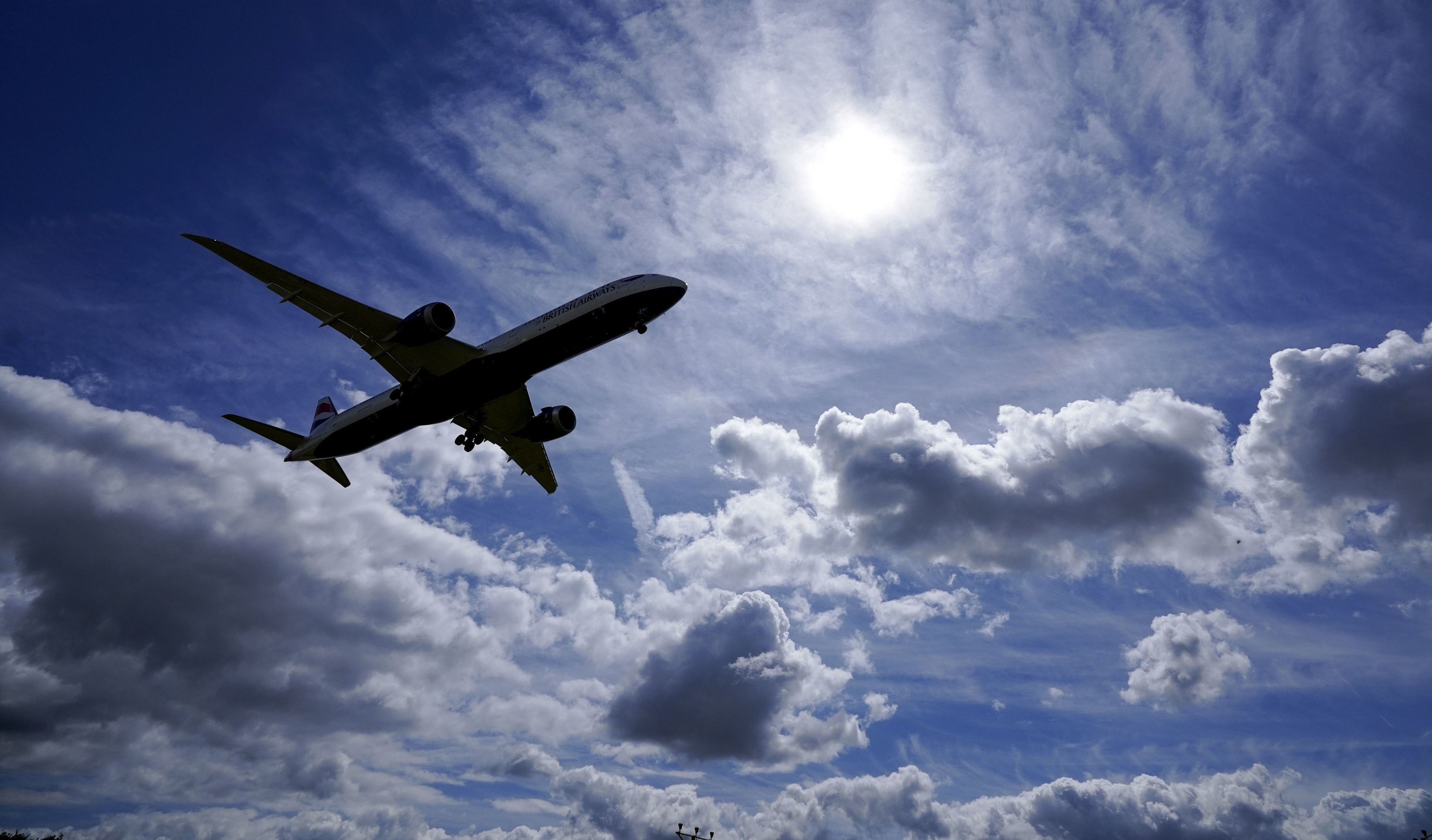US President Joe Biden, who for months used techniques like public service announcements to persuade Americans to get vaccinated, feels he has struck a "brick wall" in convincing holdouts to get shots, according to people familiar with his thinking.
In private meetings with top aides, Mr Biden has raised one question repeatedly: "What's the problem?"
Now, he is adopting a tougher approach as caseloads surge: vaccine requirements and blame.
READ MORE: Third dose of COVID-19 vaccine 'strongly' boosts Delta variant protection, data suggests

Instead of merely asking Americans to get vaccinated, the President today took his first steps toward ordering it.
In afternoon remarks, Biden announced that all federal employees must attest to being vaccinated against COVID-19 or face strict protocols including regular testing, masking, limits on official travel and other mitigation measures.
Contractors working for the federal government will also be subject to the new rules.
It's not a mandate, officials insist, and most federal employees who do not get vaccinated will not lose their jobs as a result.
Still, the shift toward placing the onus for the current situation on those who have refused to get vaccinated reflects Mr Biden's growing impatience that still-hesitant Americans are prolonging a crisis he said earlier this month was no longer paralysing the nation.
He will also call on states to use funds from the COVID-19 relief package that passed earlier this year to provide $100 payments to newly vaccinated people, an incentive the administration says has worked in other settings and could draw in more people. He also asked school districts to host pop-up vaccination clinics.
And he directed the Pentagon to take steps toward adding the COVID-19 vaccination to its list of required shots for troops, a step military leaders have been reluctant so far to take.
Biden 'increasingly frustrated' by vaccination refusal
As vaccination rates have fallen across the country, Mr Biden has become increasingly frustrated. During his speech today, he also plans to directly address the millions who have procrastinated or outright refused to get vaccinated.
The federal worker directive, which has been under review by the administration for several days, will be delivered in sterner terms than Mr Biden has used previously, one official said.
It marks a sharp strategic shift for the White House as it urgently moves to address the spread of the highly transmissible Delta variant.
Mr Biden's announcement itself was quite broad, with details left to individual agencies to sort out. Officials said it's possible different agencies, and different types of workers, will face different requirements.
But the goal, according to aides, is to render being unvaccinated so burdensome that those who haven't received shots will have little choice other than to get them.
It's an approach being tested by leaders in Europe, including France's Emmanuel Macron, who required either proof of vaccination or a negative test at public venues. And some states, including New York, have also said government employees must either prove they've been vaccinated or be tested weekly.
READ MORE: American Airlines pulls all flights to Australia

At earlier stages in the pandemic, Mr Biden resisted steps that would require people to provide proof of vaccination. The White House flatly rejected the notion of "vaccine passports" in April.
Attendees at a major July Fourth party were not expected to show their US Centres for Disease Control and Prevention vaccine cards and as recently as Friday, the White House said it was the role of private-sector entities and local communities to mandate vaccines, not the federal government.
Mr Biden's aides still say they do not believe he has the power to require all Americans to get shots. But his oversight of the federal workforce, they believe, can be a powerful model to other employers considering their options on mandating vaccines.
One of the principal motivators behind Mr Biden's vaccine requirement for federal workers is providing a model for private companies and local governments considering similar rules for their own employees, according to administration officials.

A recently posted legal opinion from the Justice Department finding that federal law doesn't prohibit public agencies and private businesses from requiring COVID-19 vaccines could also give cover for businesses to require their employees to be inoculated.
Officials wanted to announce the requirement before agencies and private businesses return their workforces to offices in the fall to give them time to implement the changes and to allow workers time to get fully vaccinated.
Dr Rochelle Walensky, director of the CDC, said Wednesday on CNN that health passes for the fully vaccinated, such as those used in parts of Europe, "may very well be a path forward."
But she acknowledged there was little the federal government could do to require vaccines in the broader population.
"We can provide this advice, but we can't mandate it at the federal level," she said. "Those are all jurisdictional discussions and jurisdictional mandates. We are hoping that our advice will lead to more and more jurisdictions leaning in to get more people vaccinated."
A far different mindset emerges
With the Delta variant rising and new mask guidelines suddenly in place, the White House is in a far different mindset than officials had hoped at the beginning of July.
For weeks, great pains were taken not to even utter the word "mandate" inside the West Wing, for fear of alienating Americans or injecting even more raw politics into the pandemic.
Yet over the past week, a determination has been reached inside the White House that moving slowly and strategically was no longer the best course of action.
The Delta variant was moving far faster, one official said, and it became untenable to ignore that point, so adjustments have been made on the fly.
Word of a bipartisan deal on part of the President's infrastructure plan yesterday was one of the few bright lights in the West Wing, where the fight against COVID-19 has become "stubbornly frustrating," in the words of a top Biden adviser.
"We were winning the fight against COVID-19, but no one ever said it was over," the top Biden adviser said, adding that blame should be placed on the unvaccinated, not those who were following the rules.
"Now that's more clear than ever. It's not over."
READ MORE: High-risk Year 12 students to be vaccinated as wider cohort returns to classrooms
White House officials have been heartened to see a recent uptick in vaccination rates after weeks of steady decline.
The daily pace of people getting their first shots is the highest it's been in three weeks, CDC data showed yesterday. On a seven-day average, 382,106 people are starting their vaccinations each day. That's a 35 per cent increase over last week's pace.
Still, it is dramatically lower than the pace set by millions who were receiving shots every day earlier in the pandemic.
It was not clear ahead of today's announcement how many people in the federal workforce have not been vaccinated. The federal government does not currently ask employees for their vaccination status, according to guidance provided to agencies by the White House-led Safer Federal Workforce Task Force.
"Federal employees and contractors may voluntarily share information about their vaccination status, but agencies should not require federal employees or contractors to disclose such information," the guidance reads.

READ MORE: COVID outbreaks have 'significantly reduced' vaccine hesitancy
"Responding to agency inquiries should be voluntary, and agencies should comply with any applicable laws."
White House officials have reached out to key union representatives over the last two days to lay the groundwork for Mr Biden's decision to require federal employees to get vaccinated, according to two people familiar with the discussions.
Some representatives raised concerns about the speed with which the White House was moving toward a position the West Wing hadn't previously endorsed, as well as potential pushback from union members.
Still, to this point there haven't been significant public grumblings from any national labour groups - something one source attributed at least in part to the recognition through the conversations that the White House had already decided to move forward.
"It was less of a 'What do you think about this?' conversation and more of a 'Here's what we're doing' conversation," one of the people said.
One of the principal motivators behind Mr Biden's vaccine requirement for federal workers is providing a model for private companies and local governments considering similar rules for their own employees, according to administration officials.
